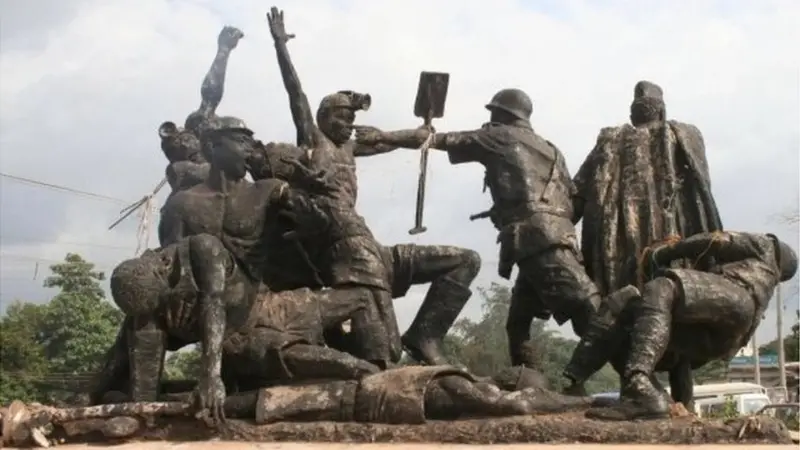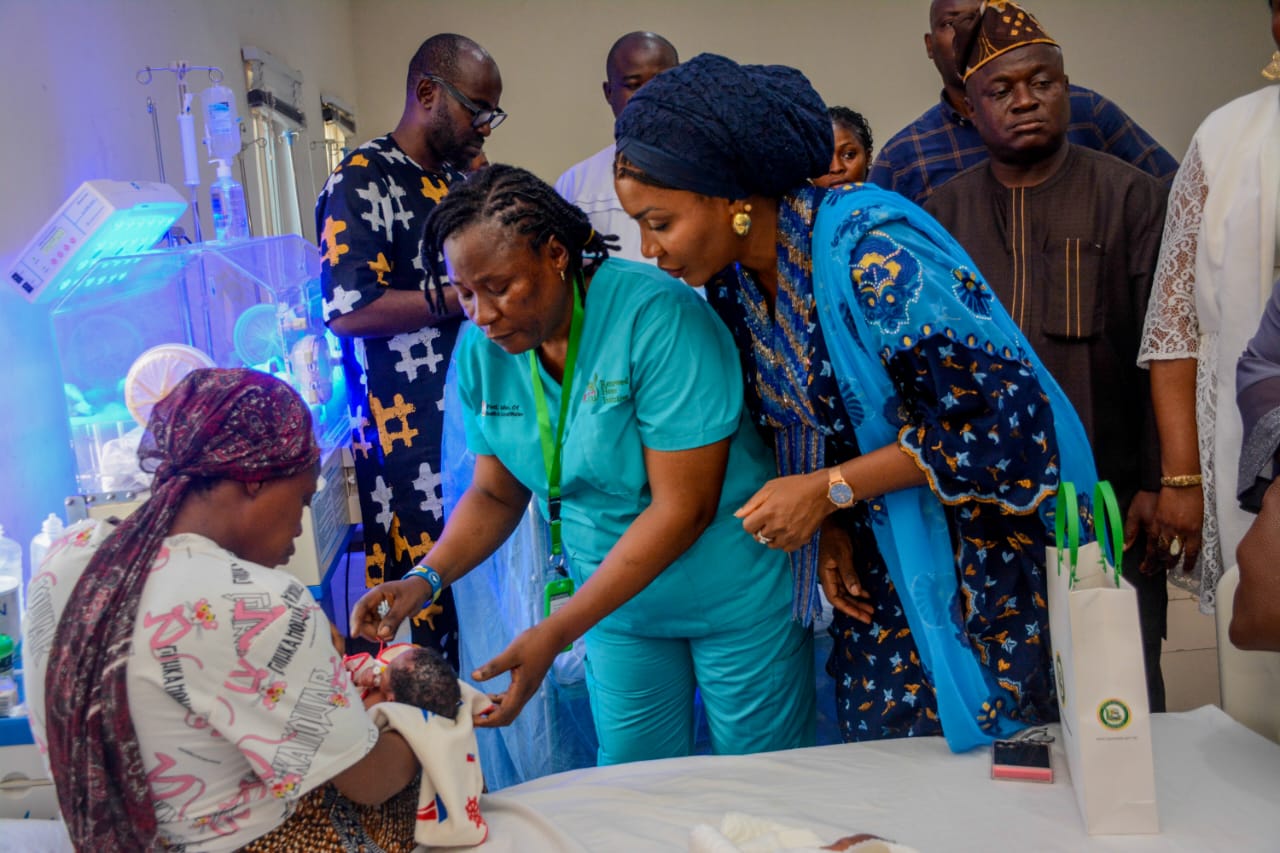
76 years after they were brutally massacred by their British employers for lawfully demanding fair wages in Enugu, families of the 21 deceased coal miners have gone to court to demand justice and adequate compensation for the unfair treatment meted to them.
Those sued at the Enugu State High Court are the Foreign, Commonwealth & Development Office (FCDO), United Kingdom; the British Government; the Federal Government of Nigeria; the Attorney General of the Federation and Minister of Justice; and the Head of the Commonwealth.
The 21 unarmed coal miners were massacred in 1949 at the IVA Valley Enugu Coal Mine, when a British Superintendent of Police, F.S. Philip, commanding a number of British and Nigerian police officers, allegedly ordered their shooting for protesting against the conditions of their services.
Relying on the leave of the court granted under the Fundamental Rights Enforcement Procedure Rules 2009, Mazi Greg Nwachukwu Onoh instituted the legal action on behalf of the dependents and families of the 21 deceased coal miners.
The plaintiff contended that the deliberate and excessive use of lethal force by colonial police against unarmed and defenceless miners, who were lawfully demanding fair wages from their British employers, constitutes a grave violation of the right to life as guaranteed under both domestic and international law applicable at the time.
He added that the indiscriminate execution of the miners amounted to an egregious act of state-sanctioned murder, extrajudicial killing, and a flagrant abuse of human rights.
He argued that the massacre was an unjustified, unlawful, and grossly disproportionate response to peaceful industrial action, adding that the use of state violence to suppress legitimate labour grievances not only violated the legal framework in force at the time but also constituted torture, cruel, degrading, and inhuman treatment, which was expressly forbidden under prevailing laws within the British colonial administration.
The families in the suit No. E/909/2024, filed before Justice O.O. Onovo, has therefore sought an unequivocal acknowledgement of liability by the respondents for the wrongful and unlawful execution of the 21 coal miners; a formal apology from the British Government for the extrajudicial killings; and comprehensive compensation for the families and dependents of the deceased miners for the irreversible loss inflicted by the British colonial administration.
They are also asking for a judicial declaration to affirm that the massacre was a gross violation of the right to life and egregious abuse of state power, as well as a binding order compelling the Attorney General of the Federation and Minister of Justice of Nigeria to initiate diplomatic engagement with the British Government to secure redress, in accordance with the Magna Carta 1215 established fundamental principles of justice and the Universal Declaration of Human Rights (1948), which enshrined the right to life and protection from arbitrary state violence.
When the matter came up at the Enugu State High Court on Thursday, it was observed that all the respondents were yet to file a rejoinder, prompting the Counsel to the Federal Government to ask for more time to enable them to respond appropriately.
Justice Onovo had, however, adjourned the matter to 15th April 2025 for a definite hearing.
Counsel to the Applicants, Professor Yemi Akinseye-George (SAN), who spoke to reporters at the court premises, explained that the case represents a landmark legal action aimed at holding both the British Government and the Nigerian authorities accountable for their roles in failing to provide justice for one of the most heinous massacres in colonial African history.
“The outcome will be a defining precedent in post-colonial justice, state liability for extrajudicial killings, and the enforcement of fundamental human rights violations,” he stated.
Asked why it had taken the families this long to seek justice for the massacred coal miners, he stated they were probably not ready or didn’t have the proper advice.
He added, however, “It is not about how long but how well. When it comes to the right to life, there is no
prescription time.
Unfortunately, maybe the families were not well advised or aware of their rights, and I also understand that efforts were made at a point, but they were abandoned along the line. But now, some persuasive advocates have decided that it is about time to remedy this injustice.
“I think the time has come for the British and Federal Governments of Nigeria and all who are on the side of humanity to respond to the cry for remediation of the families and relations of these deceased miners. That is why we are in court,” he said.
He insisted that human life is sacrosanct; therefore, no authority is permitted to take it without passing through the due process of law.






